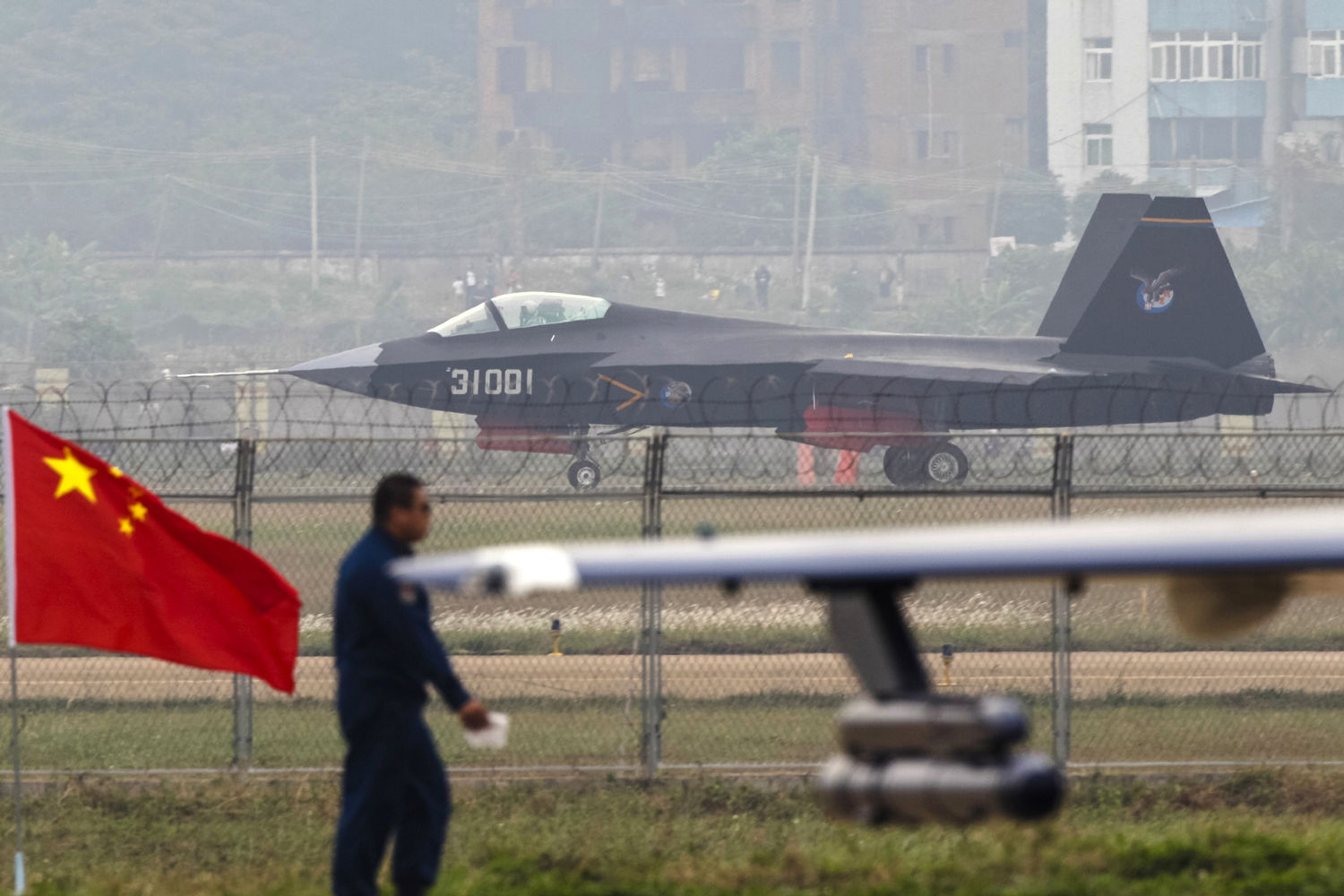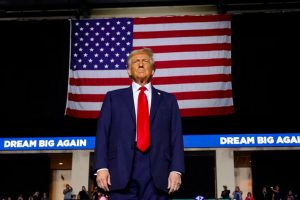(ATF) The US administration’s delay of some restrictions on investments in companies linked to the Chinese military has left American investors in limbo.
In the final weeks of Donald Trump’s presidency, US-China relations plumbed new lows, with his executive order banning investments in companies his administration said were linked to Chinese military activities. Many of them deny those claims, which China’s government says lacks evidence.
Stock listings were quickly removed from US exchanges and global indexes, but then a string of amendments and explanations followed the November order.
On January 27, the Biden administration issued an amended executive order permitting trading in securities “of an entity whose name closely matches, but does not exactly match, the name of a Communist Chinese military company” until May 27, extending the deadline by four months.
“We have now entered wait-and-see mode until we get clarity as to what the new administration will do,” Paul Lukaszewski, head of corporate debt for Asia Pacific at Aberdeen Standard Investments, told Reuters.
‘TIME TO GAIN EXPOSURE’
Restrictions on US-based investors and citizens could affect nearly $60 billion worth of bonds, according to JPMorgan. The average yield on bonds issued by subsidiaries of the restricted companies and which mature in 2029 and 2030 stands at 3.1%, more than 200 basis points over the current US 10-year note yield.
JPMorgan noted it “could be the time to gain exposure to these bonds for those investors who can,” predicting the fundamental impact on most of these credits would be “minimal to manageable.”
While Biden’s team has yet to spell out its approach, few expect sweeping changes.
“Biden is much less enthusiastic about capital market related measures,” said Kees Houte, the China head of Zurich-based EFG Bank. “However, though he can reverse Trump’s executive orders when he becomes president, we see a very low chance for it to happen, as doing so will make him look too soft on China.”
The White House has offered little illumination so far. “You know, we are focused on approaching [the China] relationship from a position of strength, and that means coordinating and communicating with our allies and partners about how we’re going to work with China,” Biden’s press secretary Jen Psaki said on January 29.
PAIN FOR INVESTORS
Some US-based investors hope that the new administration will implement curbs in a way that affects the companies but not investors. “If you put sanctions on the ability of investors to hold debt, you’re not hurting the company that issued the debt – you’re hurting the investors that bought it,” Shamaila Khan, head of emerging market debt strategies at AllianceBernstein, told Reuters.
However curbs are implemented, there is little sign they will affect the companies significantly. For most, dollar-denominated bonds make up a very small part of their capital structure, according to analysts.
And demand seems unabated for China, which accounts for around half of Asia’s $1.4 trillion corporate credit dollar market – roughly the same size as the US high-yield markets.
AVIC International Holding Corp, a subsidiary of Aviation Industry Corporation of China, recently received more than $700 million of orders for a $200 million bond sale that priced close to its existing curve.
“The global investment community wants more access to Chinese assets,” Jeremy Schwartz, global head of research at WisdomTree Asset Management told Reuters. “The bigger picture stepping back is that there is a lot of global interest in adding China currency reserves and Chinese bonds to portfolios.”
With reporting by Reuters
























